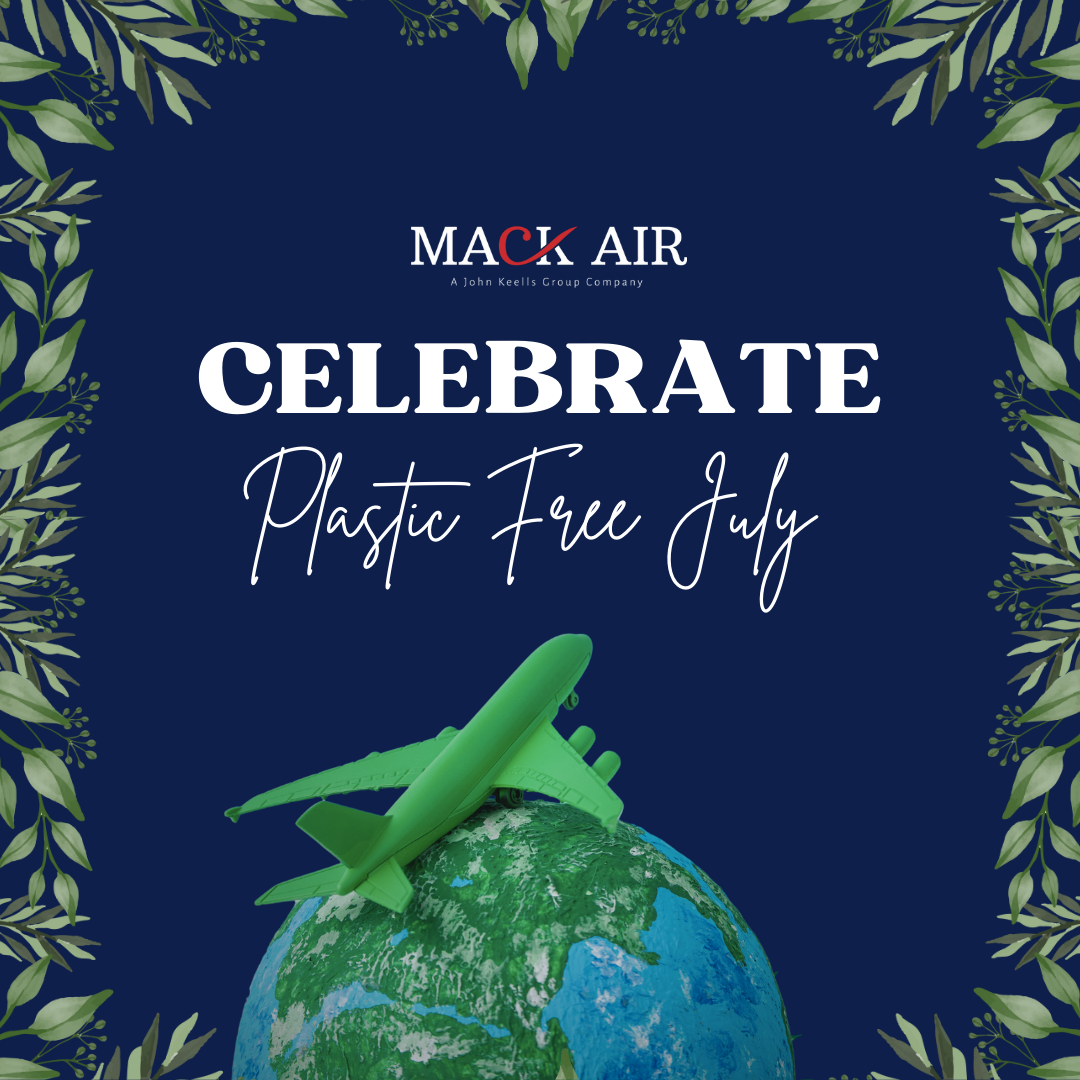News & Articles
Fly Green: Aviation's Bold Steps Toward a Plastic-Free Future

In the swift world of aviation, going green is the new cool. Airlines and their partners are all about making the future brighter and cleaner. But how are they tackling one of the biggest challenges – managing aviation waste?
The Cabin Waste Challenge
The airline industry faces hardships in handling cabin waste. Did you know that in 2017, airlines worldwide produced about 5.7 million tons of cabin waste? That’s a huge amount, costing nearly US$ 927 million! A lot of this waste, such as plastics and food scraps, could be recycled, but it often isn't.
ICAO’s Role in Managing Plastic Waste
What’s more? The International Civil Aviation Organization (ICAO) says we need to deal with single-use plastics (SUP) in flights. Research shows that plastic waste from passengers is a big part of all waste from flying. As more people travel by plane, it’s even more important to find good ways to use less SUP. To tackle cabin waste, SEAC’s Sustainable Cabin Working Group have set standards and best practices for managing it, which are vital in helping airlines minimize waste and promote recycling.
Our GSA Representations Approach to Waste Management
As a GSA representing multiple airlines, Mack Air appreciates AirAsia's dedicated steps toward sustainability. The airline has strict rules on how to handle trash during flights. Ever wondered what happens to your trash after the flight? AirAsia’s crews separate non-recyclable items in clear bags and recyclables in green ones. Each flight ends with these bags being properly dealt with at designated waste areas. This process ensures that as much waste as possible is recycled.
Looking to make your travels more eco-friendly? Here are quick swaps:
- Refill, Not Rebuy: Opt for refillable hand sanitizers to cut down on waste.
- Say No to Plastic: Use silicone travel bottles, a collapsible water bottle, and metal straws.
- Switch to biodegradable bamboo toothbrushes and carry bamboo cutlery.
- Try solid shampoo bars and bring a reusable laundry bag.
- Bring toothpaste tabs, reusable shopping totes, and biodegradable face wipes.
Fly Smart, Fly Green with Mack Air
Beyond the aviation industry, John Keells Group, parent company of Mack Air, also leads with initiatives like “Plasticcycle”. Since 2017, they've reduced plastic waste in Sri Lanka through reduced usage, promoting reuse, and improved recycling efforts; a big step to be proud of.
Get in touch with us by contacting +94 011 7441441/ mackair@keells.com and travel eco-friendly by following our tips for a greener journey. Let’s preserve our planet together and make a positive impact this Plastic Free July!
Sources:
- IATA Sustainable Cabin Waste and Single Use Plastics (SUP) Fact Sheet
- AirAsia. (n.d.). Recycling On Board - An AirAsia Flight.
- Harvard T.H. Chan School of Public Health. (2019). What to do about all the plastic on airplanes.
- John Keells Group's Plasticcycle Initiative
- International Civil Aviation Organization (ICAO) Addressing Single-Use Plastics: an Overview for Aviation